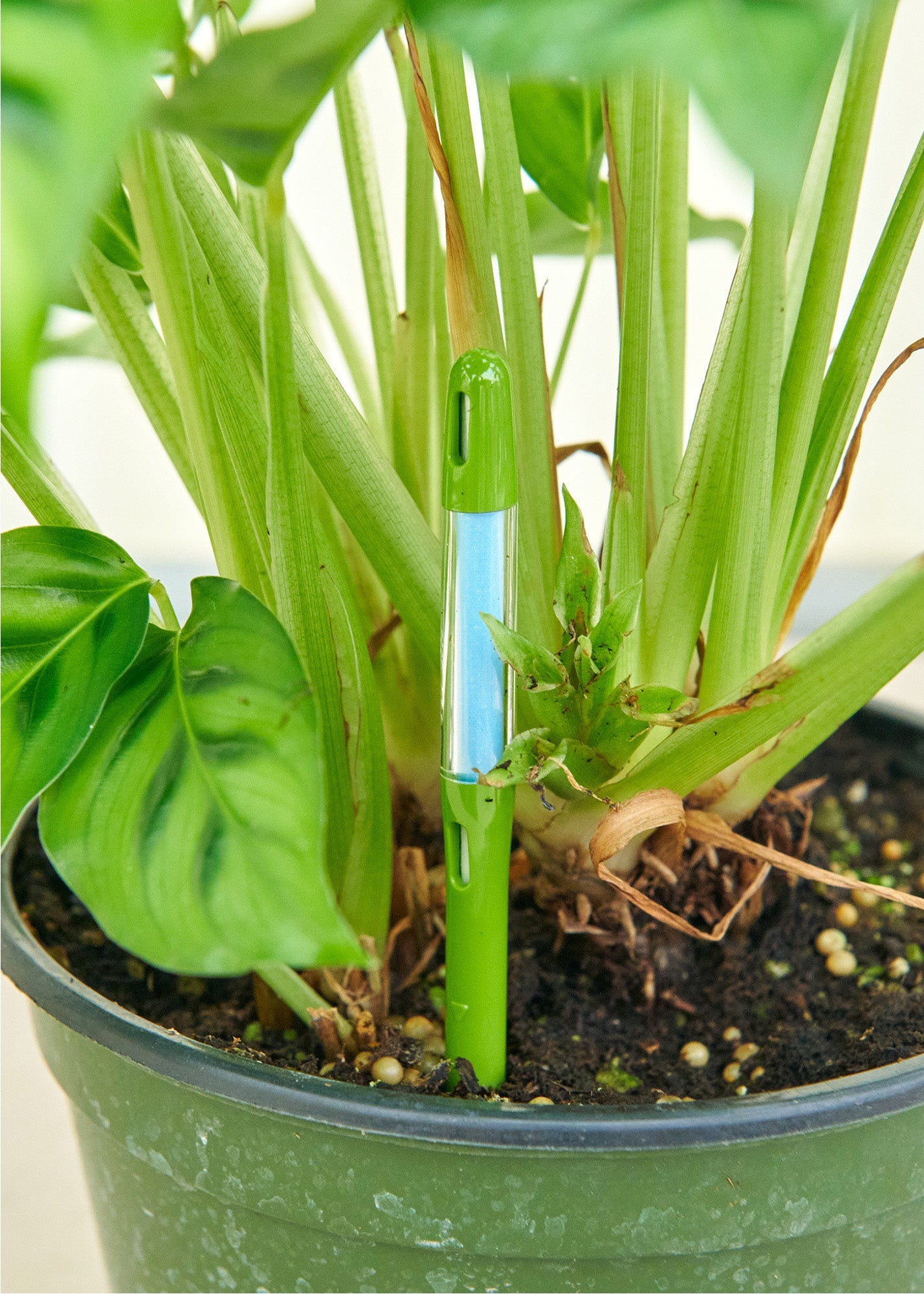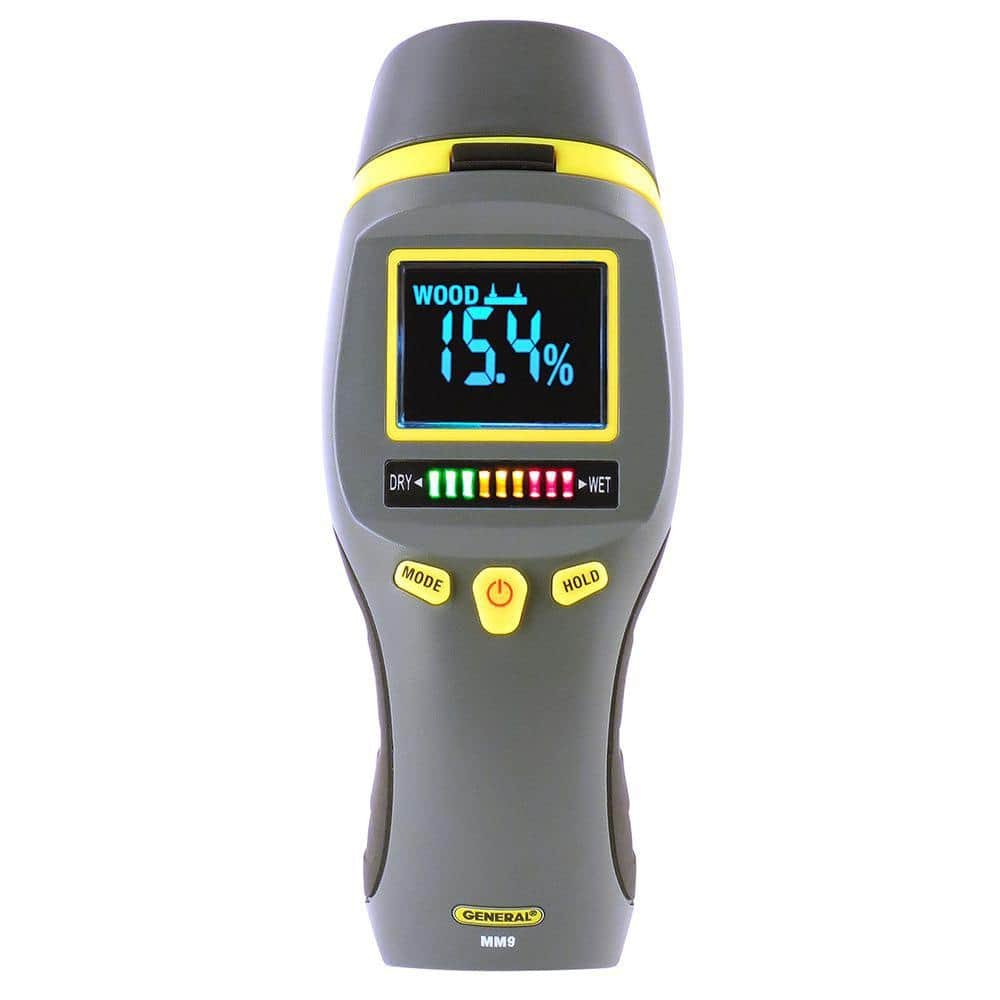The Scientific Research Behind Moisture Meters: Exactly How They Function and Why They're Necessary
The Scientific Research Behind Moisture Meters: Exactly How They Function and Why They're Necessary
Blog Article
The Ultimate Guide to Wetness Meters: A Comprehensive Summary and How They Can Conserve You Cash
Wetness meters serve as vital devices in identifying and checking moisture material in products, aiding in protecting against pricey problems and making certain the top quality of products. Understanding the subtleties of different types of dampness meters, their applications, and the potential cost-saving advantages they supply can be a game-changer for experts and organizations alike.
Kinds Of Dampness Meters
Numerous sorts of wetness meters are available for different applications in different industries. One usual kind is the pin-type wetness meter, which determines the electric resistance between two pins put right into a product. This kind is ideal for timber, drywall, and various other building materials. Pinless wetness meters, on the various other hand, use electro-magnetic sensor plates to scan a bigger location without creating damage to the product's surface. Moisture Meter. These meters are excellent for rapidly analyzing wetness degrees in big locations such as wall surfaces and floorings.

Infrared wetness meters determine the thermal residential or commercial properties of a product to establish its moisture material non-invasively, making them beneficial for applications where pin or pinless meters might not be suitable. Comprehending the different kinds of dampness meters readily available can aid sectors pick the most proper device for their details dampness measurement requirements.

Advantages of Making Use Of Moisture Meters
Wetness meters supply indispensable advantages in precisely analyzing and checking wetness levels in varied products and environments. One of the main advantages of using wetness meters is the prevention of prospective damage created by excess dampness.
In addition, using dampness meters can lead to boosted energy performance. In agricultural settings, dampness meters play a vital role in optimizing crop yields by enabling farmers to check soil wetness levels and make informed watering decisions.
How to Pick the Right Dampness Meter
Selecting the proper dampness meter involves thinking about key aspects such as product compatibility, measurement variety, and calibration precision. When choosing a moisture meter, it's necessary to make sure that the meter is appropriate for the details material you will be screening. Various materials have differing electrical properties that can influence dampness analyses, so choosing a meter designed for your material is important for exact outcomes. Additionally, consider the dimension series of the dampness meter. Make sure that the meter can detect moisture levels within the variety required for your applications. Calibration accuracy is an additional crucial factor to maintain in mind. Select a dampness meter with dependable calibration to ensure specific and consistent readings. Some meters might call for routine calibration changes, so understanding the calibration procedure is necessary. By meticulously reviewing these factors, you can pick a dampness meter that satisfies your requirements and gives accurate moisture measurements for your projects.
Appropriate Techniques for Wetness Meter Usage

Cost Financial Savings With Moisture Meter Applications
Just how can the calculated utilization of dampness meters lead to considerable expense savings across different sectors? In the agriculture market, moisture meters help in identifying the optimum time for harvesting crops, preventing excess or over-drying moisture that can impact the last item's top quality.
Likewise, in building, dampness meters assist stop costly damages by finding wetness levels in page building products, such as timber or concrete, which can cause structural concerns if not dealt with quickly. By recognizing problem locations early on, professionals can take rehabilitative procedures to avoid substantial fixings or substitutes, ultimately saving money and time.
Moreover, in the food processing market, moisture meters are necessary for monitoring product top quality and making sure compliance with security guidelines. By precisely gauging wetness material in foodstuff, suppliers can avoid putridity, preserve freshness, and minimize waste, resulting in significant expense savings. Generally, the tactical application of dampness meters is a beneficial investment that can bring about significant price decreases and enhanced effectiveness across numerous sectors.
Conclusion
In final thought, dampness meters are valuable devices for finding and measuring wetness degrees in various products. By using the best moisture meter and complying with proper strategies, users can this link efficiently avoid expensive damages caused by excess wetness.
Moisture meters offer as essential devices in detecting and checking moisture content in products, assisting in avoiding expensive damages and making certain the top quality of items. Infrared wetness meters gauge the thermal properties of a product to determine its dampness content non-invasively, making them useful for applications where pin or pinless meters may not be ideal.Dampness meters use important benefits in accurately evaluating and checking moisture levels in varied products and environments. In agricultural setups, wetness meters play an important duty in maximizing plant yields by making it possible for farmers to check dirt moisture degrees and make see this here informed irrigation choices.In final thought, dampness meters are beneficial devices for discovering and determining wetness degrees in numerous products.
Report this page